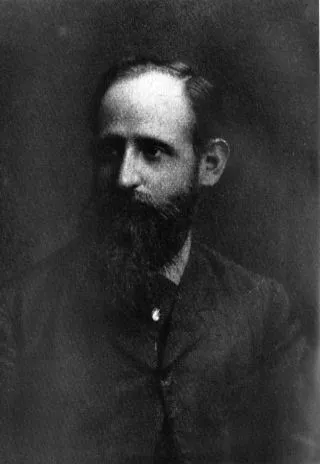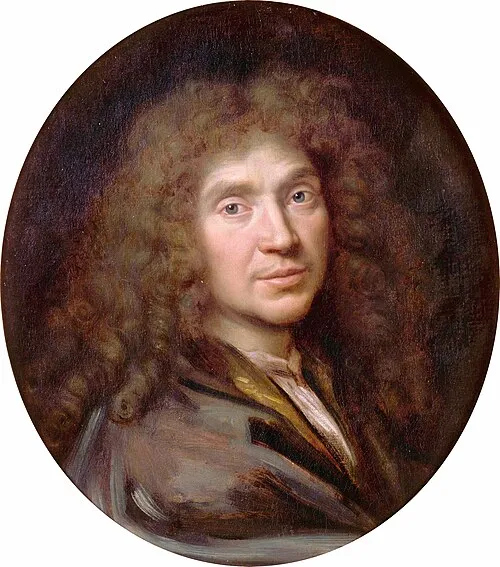
Full Name: Josef Breuer
Nationality: Austrian
Profession: Physician and Psychiatrist
Birth Year: 1842
Death Year: 1925
Notable Contribution: Pioneering work in the field of psychoanalysis
Josef Breuer: The Pioneer of Psychoanalysis and Beyond
In the heart of Vienna during the early 19th century, a child was born into a world that oscillated between tradition and burgeoning scientific inquiry. This was Josef Breuer, whose journey into the realms of psychology would intertwine with the very fabric of human understanding. The year was 1842 a time when Europe stood at the brink of intellectual revolutions, and Breuer would soon find himself at the forefront.
Breuer's early life is often portrayed as one marked by keen intellect and curiosity. Growing up in a family that valued education, he pursued studies in medicine, ultimately earning his degree from the University of Vienna. However, it wasn't just medicine that captivated him; it was also philosophy and physiology the interplay between mind and body fascinated him deeply. This eclectic interest laid the groundwork for what would become groundbreaking contributions to psychiatry.
His professional career began in earnest when he started working at various hospitals in Vienna. It was during this period that he encountered patients who suffered from ailments with no clear physical basis conditions like hysteria posed a significant challenge to contemporary medical practices. Ironically, while many doctors sought tangible physical causes for illnesses, Breuer began to look beyond traditional diagnoses. Perhaps his most significant patient during this time was Bertha Pappenheim referred to as “Anna O.” Her case became pivotal in shaping his thoughts on mental health treatment.
The sessions with Anna O., characterized by what we now know as “talk therapy,” revealed profound insights into her psyche. As she relayed her dreams and memories under hypnosis a technique Breuer had adapted he recognized that repressed feelings were often at the root of her symptoms. This realization did not come without its challenges; despite Breuer’s innovations, he faced skepticism from contemporaries entrenched in more conventional methods.
However, rather than retreating from controversy, Breuer embraced it! He documented Anna O.'s case meticulously their interactions transformed therapeutic practices forevermore. Historians recount that these sessions were not merely conversations but pivotal moments where unspoken traumas surfaced like specters demanding attention!
A New Dawn: The Birth of Psychoanalysis
The partnership between Josef Breuer and Sigmund Freud emerged almost serendipitously; both men shared an unwavering commitment to unraveling the mysteries of human consciousness despite their differing backgrounds one being firmly rooted in physiology while the other leaned toward philosophy.
Ironically enough, their collaboration birthed psychoanalysis a term now synonymous with modern psychotherapy but initially met with considerable resistance! Through dialogues about dream interpretation and unconscious motivations intertwined with personal anecdotes from their clinical practices the duo sparked a revolution in understanding psychological disorders.
Psychoanalytic Theory Takes Shape
Beneath this joint effort lay complex theories about repression and childhood influences on adult behavior... Freudian concepts soon overshadowed many early contributions by Breuer! One could argue that while Freud gained fame as “the father” of psychoanalysis through prolific writings like “The Interpretation of Dreams,” it’s essential not to overlook how much groundwork had already been laid by Breuer’s pioneering work.
The Rifts Within Collaboration
However, tensions simmered beneath their professional partnership! As Freud’s theories began evolving into increasingly elaborate concepts including notions such as libido or psychosexual development Breuer distanced himself from some ideas that seemed too speculative or far removed from empirical evidence...This divergence hinted at contrasting philosophies: one chasing theoretical frameworks while another remained grounded in observable phenomena!This schism didn’t necessarily tarnish their friendship but did illustrate broader philosophical debates within psychology itself which still reverberate today!
The Legacy Beyond Psychoanalysis
Apart from psychoanalytic theory's legacy which remains influential even today Breuer’s impact extended far beyond its confines... His work fundamentally challenged societal perceptions surrounding mental illness; suddenly issues once relegated to whispers behind closed doors became worthy subjects for public discourse!Breuer advocated for humane treatments over institutionalization a stark contrast against prevailing attitudes toward those grappling with psychological distress...Sociologically speaking? This shift created ripples through cultures grappling against stigmas attached to mental health!”- A sentiment echoed widely among contemporary psychologists striving towards empathy-driven care systems worldwide today!"
This journey wasn’t without its hardships though... Personal tribulations intertwined even within his illustrious career path as challenging cases led him deep into existential reflections about humanity itself.<|disc_thread|><|disc_score|>1



